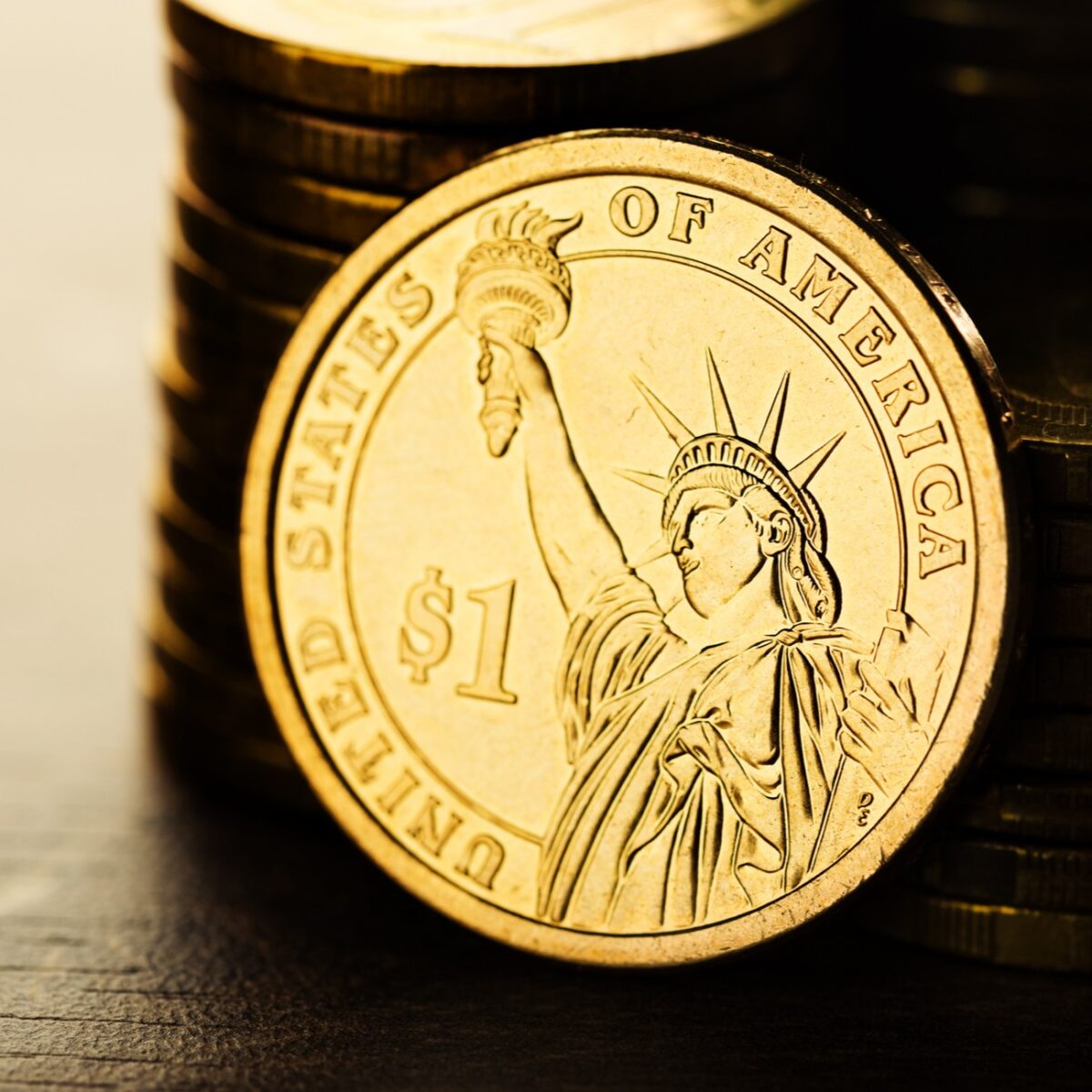PALO ALTO, Calif. (Reuters) - The Federal Reserve is taking a look at a broad variety of issues around digital payments and currencies, consisting of Visit this page policy, style and legal considerations around potentially issuing its own digital currency, Guv Lael Brainard said on Wednesday. Brainard's remarks suggest more openness to the possibility of a Fed-issued digital coin than in the past." By changing payments, digitalization has the possible to deliver greater worth and benefit at lower cost," Brainard said at a conference on payments at the Stanford Graduate School of Company.

Main banks internationally are discussing how to manage digital finance technology and the dispersed journal systems utilized by bitcoin, which promises near-instantaneous payment at possibly low expense. The Fed is establishing its own day-and-night real-time payments and settlement service and is presently examining 200 remark letters submitted late in 2015 about the proposed service's design and scope, Brainard said.
Less than 2 years ago Brainard informed a conference in San Francisco that there is "no engaging showed need" for such a coin. However that was prior to the scope of Facebook's digital currency aspirations were widely understood. Fed authorities, consisting of Brainard, have raised concerns about consumer securities and information and privacy dangers that could Additional hints be postured by a currency that could enter use by the third of the world's population that have Facebook accounts.
" We are collaborating with other reserve banks as we advance our understanding of reserve bank digital currencies," she stated. With more nations checking out issuing their own digital currencies, Brainard said, that contributes to "a set of factors to also be making certain that we are that frontier of both research and policy advancement." In the United States, Brainard said, issues that need research study consist of whether a digital currency would make the payments system much safer or simpler, and whether it could position financial stability dangers, consisting of the possibility of bank runs if money can be turned "with a single swipe" into the central bank's digital currency.
To counter the monetary damage from America's unmatched nationwide lockdown, the Federal Reserve has actually taken extraordinary steps, including flooding the economy with dollars and investing straight in the economy. Many of these moves received grudging acceptance even from lots of Fed skeptics, as they saw this stimulus as needed and something just the Fed could do.
My new CEI report, "Government-Run Payment Systems Are Unsafe at Any Speed: The Case Versus Fedcoin and FedNow," details the dangers of the Fed's existing strategies for its FedNow real-time payment system, and proposals for main bank-issued cryptocurrency that have actually been dubbed Fedcoin or the "digital dollar." In my report, I go over issues about privacy, information security, currency manipulation, and crowding out private-sector competition and innovation.
Proponents of FedNow and Fedcoin say the federal government must produce a system for payments to deposit immediately, instead of encourage such systems in the economic sector by lifting regulatory barriers. But as kept in mind in the paper, the personal sector is providing a relatively unlimited supply of payment technologies and digital currencies to solve the problemto the level it is a problemof the time space between when a payment is sent out and when it is received in a checking account.
And the examples of private-sector Homepage innovation in this area are lots of. The Cleaning Home, a bank-held cooperative that has actually been routing interbank payments in numerous types for more than 150 years, has actually been clearing real-time payments considering that 2017. By the end of 2018 it was covering 50 percent of the deposit base in the U.S.